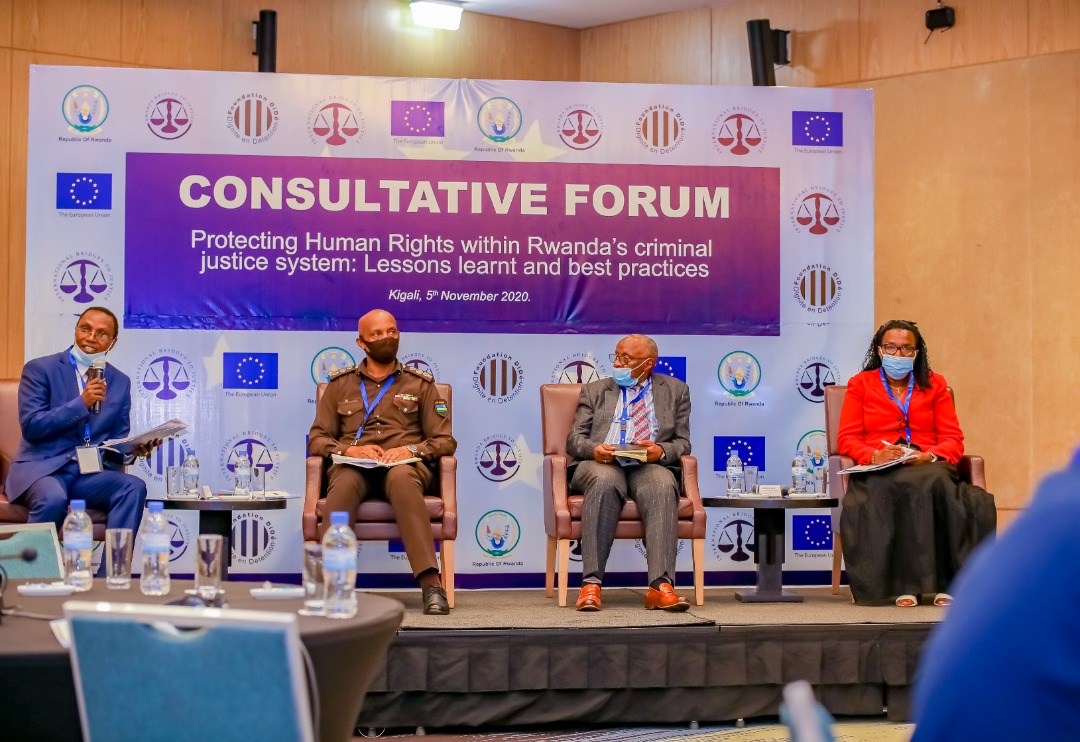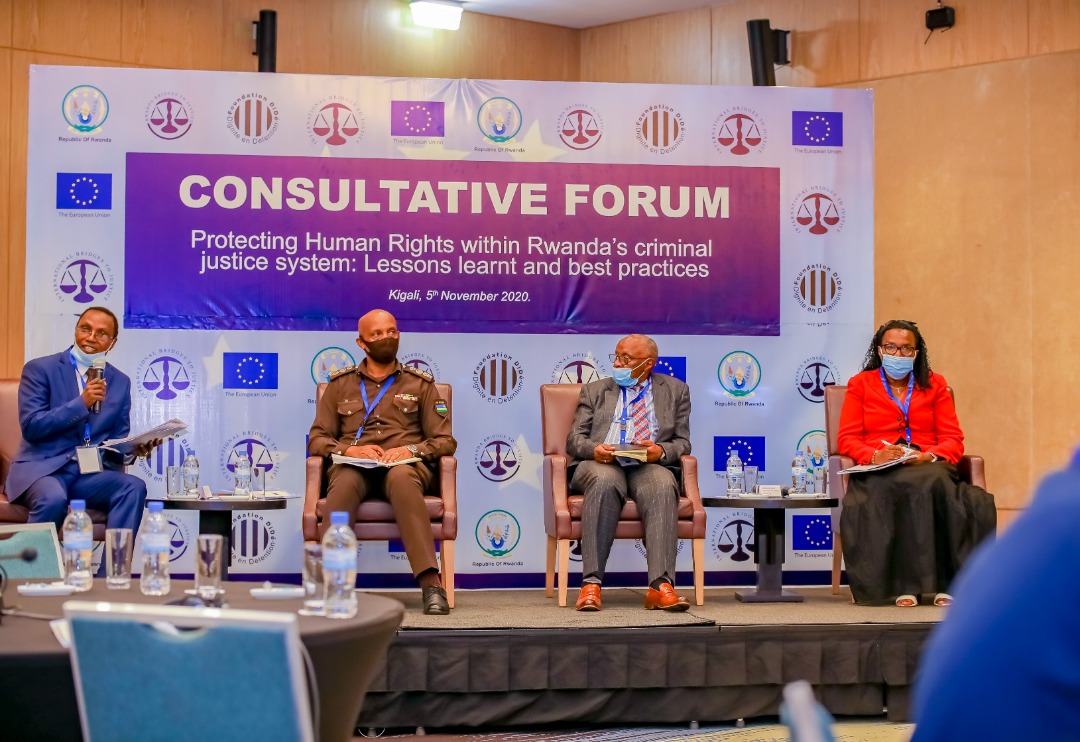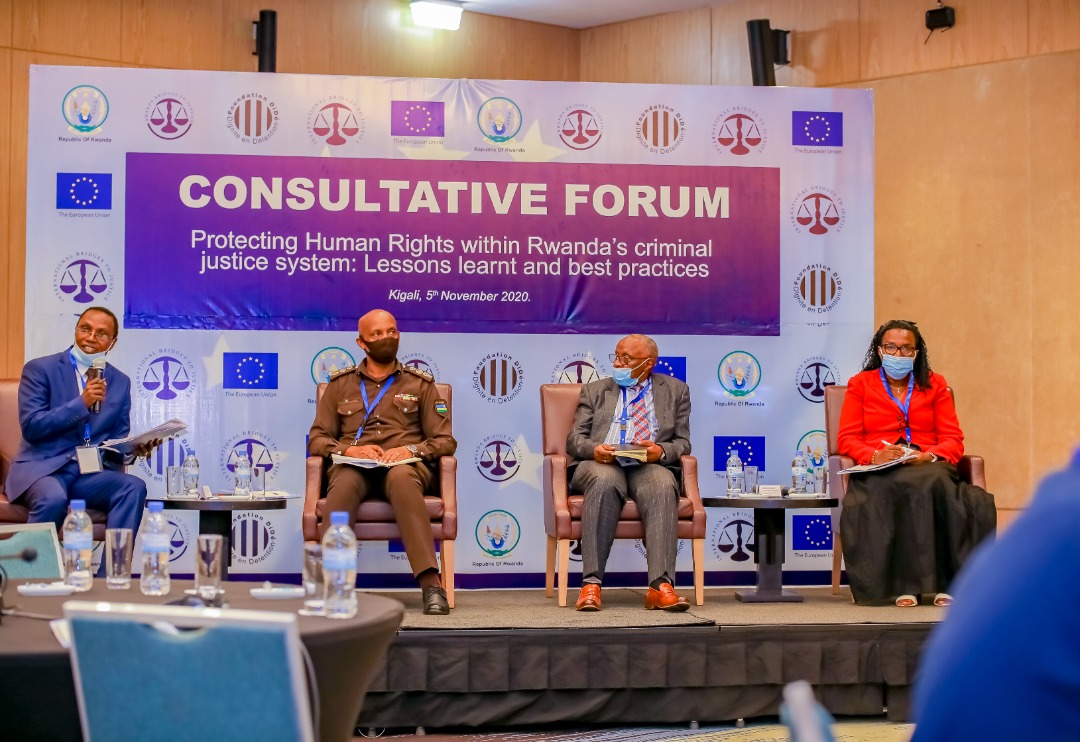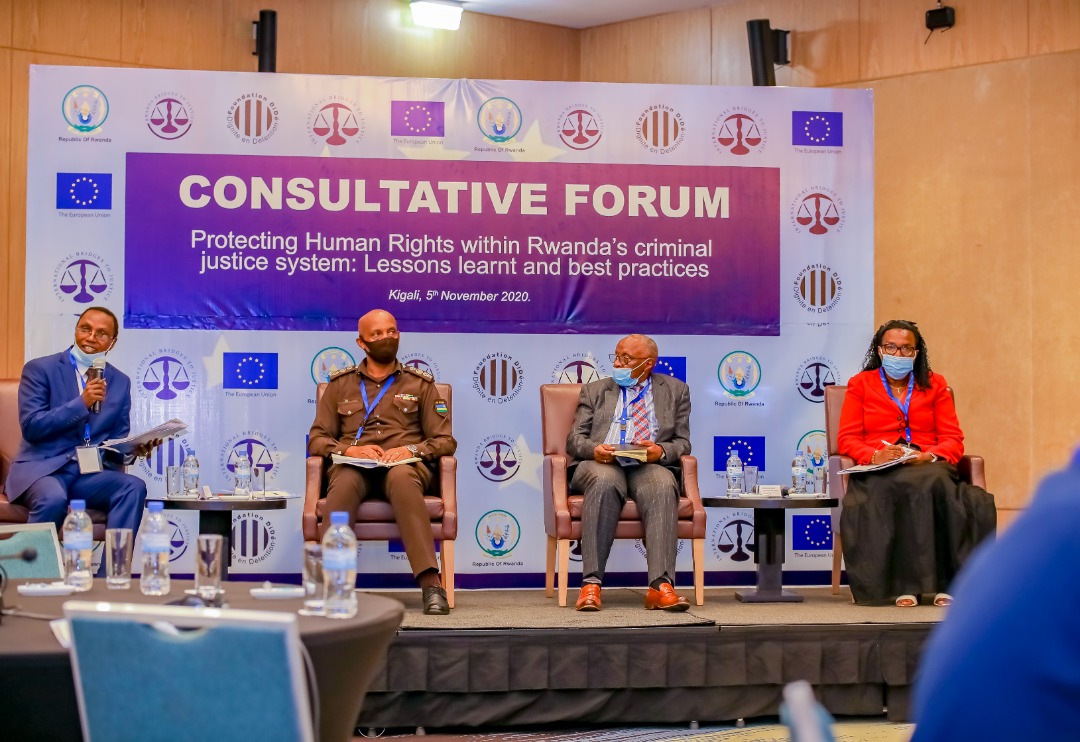Protecting Human Rights Within Rwanda’s Criminal Justice System
DIDE RWANDA a NGO with extensive experience in working within Rwanda’s prison to provide rehabilitative psycho-social support to detainees, organized a second edition of a consultative forum under the theme “Protecting Human Right within Rwanda’s criminal Justice system project.”
This includes Training of peer educators : 250 peer educators in 5 prisons (Ngoma, Rwamagana, Nyagatare, Bugesera and Nyarugenge prison)
Thematic training workshops : 5 thematic training workshop were organized to educate and allow exchanges between key stakeholders including lawyers, judicial police officers, psychologists, judges, prosecutors, and RCS staff.
Participation in the celebration of International Women Day in women prison (8th March) and African Child Day in Juvenile prison (Umunsi w’Umwana w’Umunyafurika).
Legal assistance to identified vulnerable by our partner Rwanda bridges to Justice (RBJ)
During deliberations at the forum, Nicola Bellomo, the EU Ambassador to Rwanda said, “As we take stock of the past 3 years of the project, as EU, our own assessment is very positive; the project outperformed its initial target of 300, with close to 900 vulnerable detainees at risk of abuse who have benefited from early legal assistance by lawyers.”
Bellomo noted that the EU was proud of all the work done by Rwanda Bridges to Justice together with Dignity in detention & International Bridges to justice in protecting human rights within Rwanda’s criminal justice system.
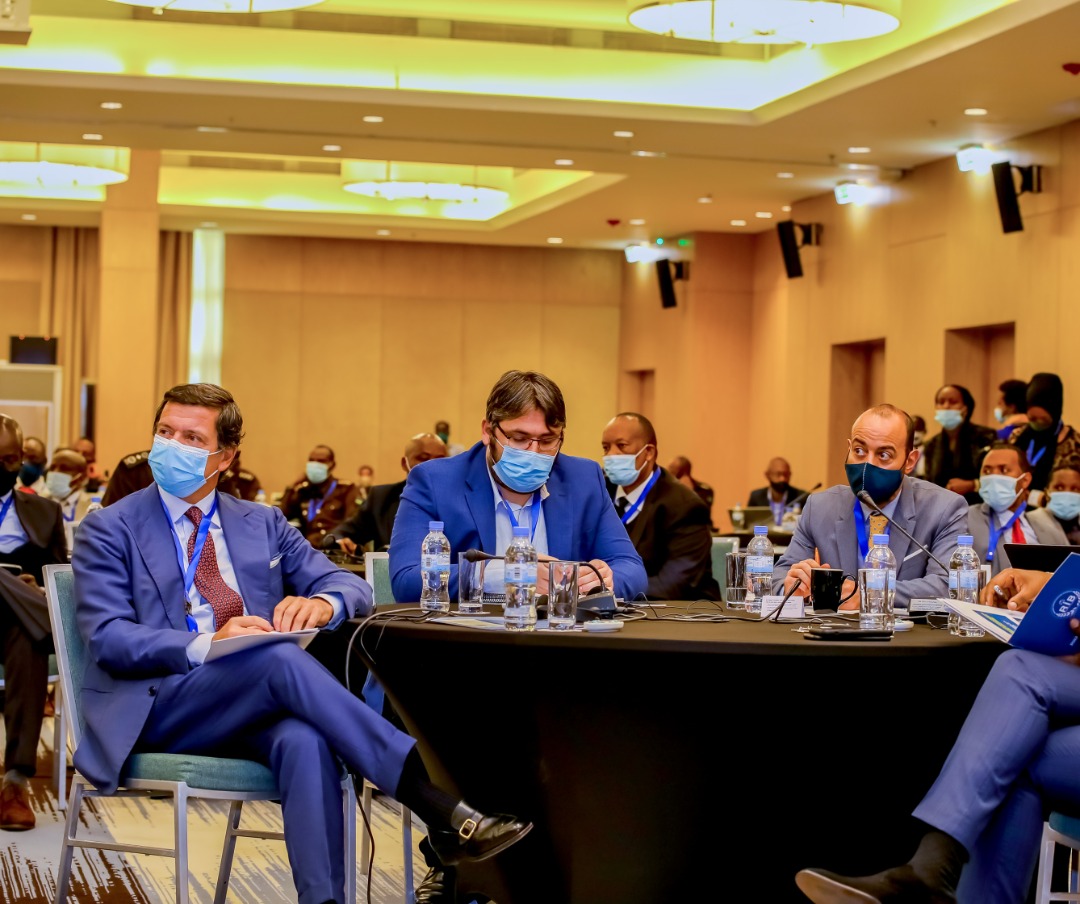
Above: EU Ambassador
According to him, “While the population of Rwanda’s prisoners remains a concern, we hope prosecutors and judges will use more the existing alternatives to imprisonment without fearing of departing from what is seen as the norm or of being accused of corruption.
This forum hosted at Marriot Hotel, Kigali, drew officials from Rwanda Correctional Services leadership, Rwanda Bridges to Justice among other stakeholders. This project is implemented in partnership with International Bridges to Justice (IBJ) and financed by the European Union mission in Rwanda.
According to the organizers, more than 200 lawyers, investigators from Rwanda Investigation Bureau (RIB) , judges, prosecutors, psychologists and staff from Rwanda correctional services also benefited from capacity building workshops, enabling better implementation of national and international standards that protect individuals from torture and other abuses.
Beneficiaries including a women released from prisons share their story in a testimony at the forum.
The institutional of Legal Practice highlight the importance of institutional learning in legal practices.
The system is today able to perform the concept of lawyers and their practitioner experience and have to close the gap in the justice sector.
Many reasons involved in continuous learning lessons for practitioners
The problem of the judges having limited capacity in deciding what necessary for the justice system because of the law.
Training for the lawyers are done every year by the Rwanda Bar Association, update in the law system need to be made to facilitate the flow of justice.
Technology has to be the involved as the key help in the justice system.
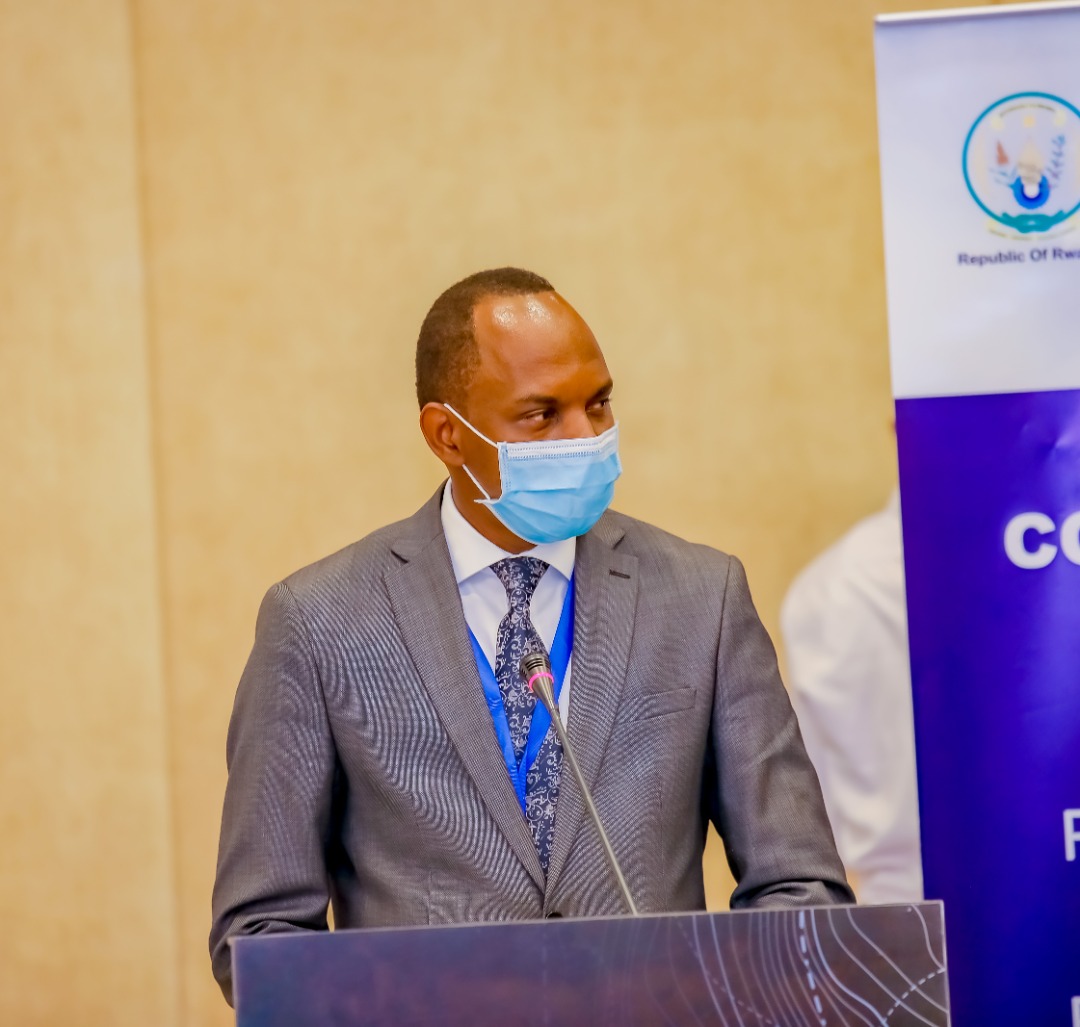
Above: Spokesperson of the Supreme Court
